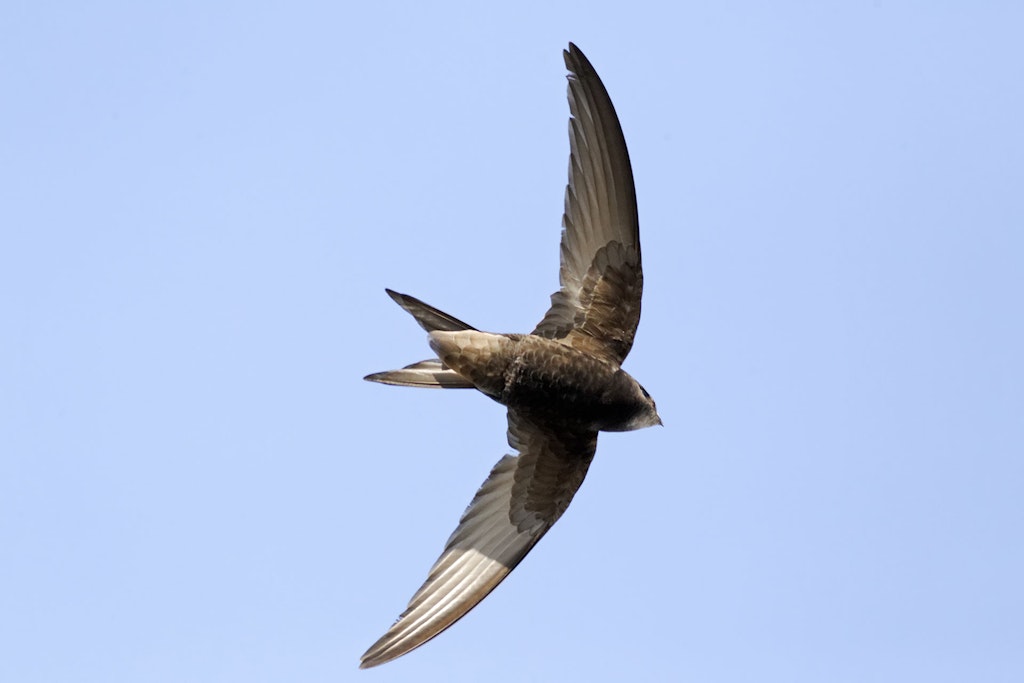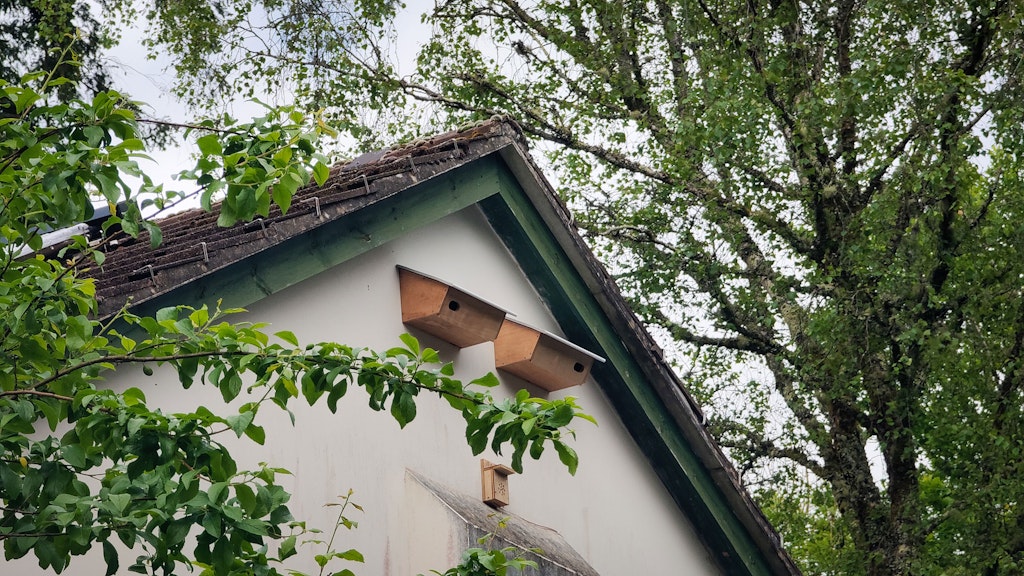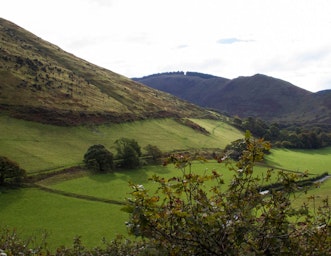
For many of us, they are the joyous sound of a summer evening as they hurtle around rooftops, but our beloved Swifts are in serious decline. Joe Downie looks at ways to give them a helping hand.
Swifts lift our spirits. Their prehistoric look, incredible aerial acrobatics, unmistakable screeching and mysterious “life on the wing” adds up to create one of the most alluring of all birds.
They are the fastest bird in level flight, reaching speeds of almost 70mph. They are also among the more well-travelled: an average bird might fly 4 million miles in its five-year lifetime.
Swifts bring joy! A raucous “screaming party” zooming above our heads is perhaps the most thrilling urban nature experience of the British summer. Because they live alongside us, and nest in the nooks and crannies of buildings (in place of the now much harder to find nooks and crannies in ancient trees), they are a species that we are more able to give a helping hand to.
And this is a species which really does need our help. Like many migratory birds, the Common Swift (Gwennol Ddu in Welsh) is in big trouble. Swift numbers have crashed in recent years, with a 58% decrease since 1995 across the UK, and a whopping 72% drop here in Wales.

In common with many migrating birds, each year their perilous journey gets harder, with fewer individuals successfully making it. Climate change is thought to be playing a role, with unreliable conditions and extreme weather events becoming more common, leading to exhaustion and birds finding it harder to get their timing right. Neither are they helped by the plummeting numbers of insects and habitat loss.
For Swifts, another major challenge is our changing housing stock, with our older buildings being replaced by new homes and office blocks, which leave little space or opportunity for them to nest. Thankfully, help is coming! There are now more than 100 community groups across the UK dedicated to giving Swifts a helping hand. Here in Mid Wales, The Dyfi Biosphere Swift Project has recently been established. This is a new partnership between wildlife lovers, volunteers and carpenters, supported by local organisation Ecodyfi.
As well as educating people about these amazing birds, the project is also installing Swift boxes on suitable buildings, giving the birds a hand with the vital business of raising a successful
brood.
To date, almost 100 boxes have been built and installed. Here at CAT, two boxes have recently been put up by local Swift Project volunteer Elfyn, along with a “Swift caller” which plays the sounds of screaming Swifts through a speaker every evening, when the chance of attracting other passing Swifts is highest.

There’s never a bad time to install a Swift box. If you put one up now, there’s a chance that it will be inspected by juvenile Swifts before they leave for Africa, with an eye on using it next year. Swifts remember.
I’ve been volunteering in the Woodlands team at CAT for the past six months, and getting involved in this project has been really exciting, as we’re always looking at ways to boost biodiversity and give nature a helping hand.
So we’re crossing everything that Swifts take up residency here at CAT, to complement our large community of Barn Swallows, which love swooping down from under the beams of the water balanced railway’s Top Station.
Swifts are site-faithful, so we hope that if they nest here, they’ll come back year after year, and we’ll all be able to enjoy their screaming, somersaulting fly-pasts for years to come.
About the author
Joe is a one of our long-term residential volunteers, helping with woodland and other habitat management on the main CAT site and in our neighbouring woodlands, Coed Gwern. He has a background in environmental campaigning, working most recently as social media manager at Friends of the Earth, and is a keen walker, runner, cyclist and (bad) birder.
- Visitors Centre
- Climate Change
- Nature and Wildlife
- News Feed
Related Topics
Related Pages
EMAIL SIGN UP
Keep up to date with all the latest activities, events and online resources by signing up to our emails and following us on social media. And if you'd like to get involved and support our work, we'd love to welcome you as a CAT member.



